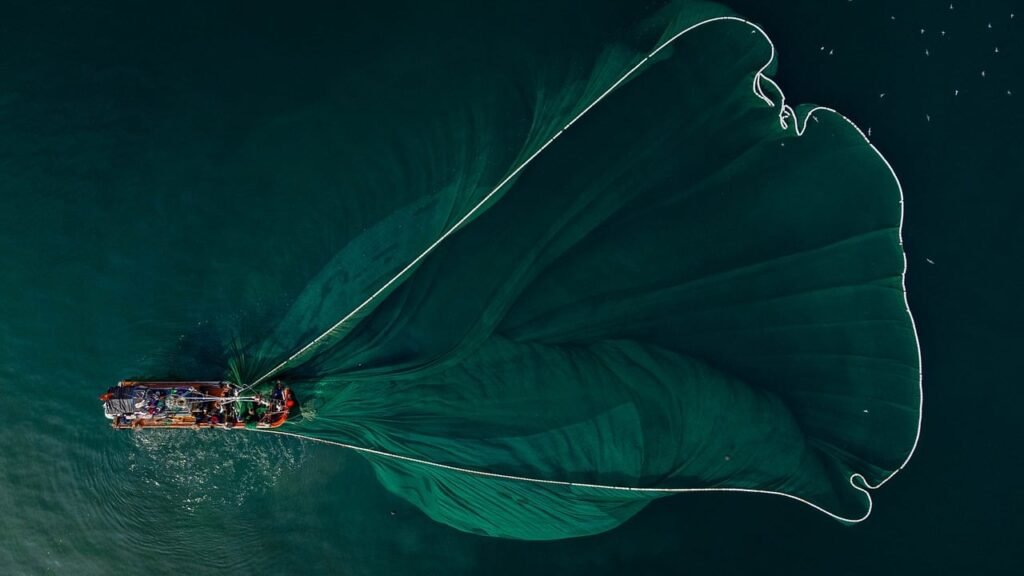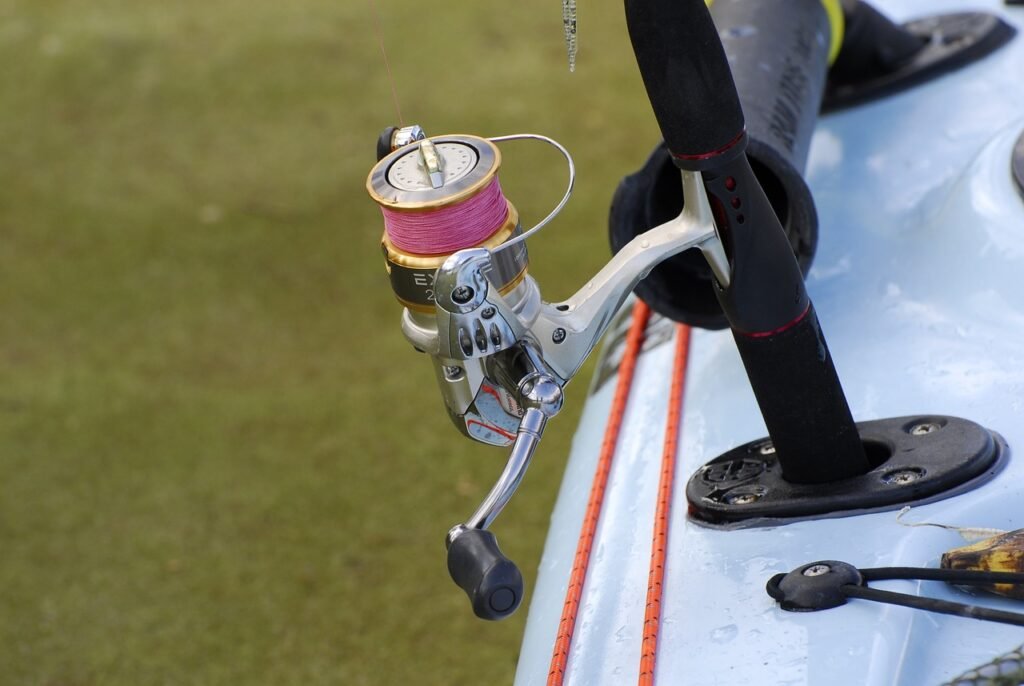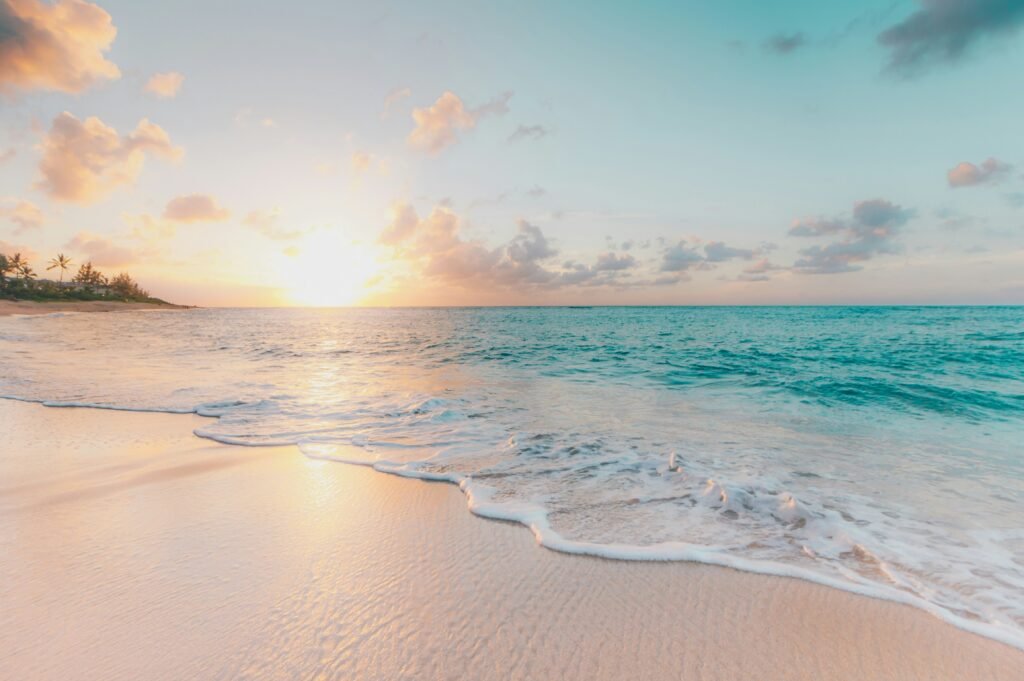Hey there, sea-savvy friends and fellow anglers! Are you ready to cast your line into the vast briny deep? Before you bait that hook and aim for the catch of the day, we’ve got to talk about something not quite as exciting as the big one that got away—saltwater fishing regulations. I promise to keep it as light-hearted and easy-going as possible, so stick with me!
Understanding the Why Behind the Rules
First off, you might wonder why we even have these rules. Well, think of them as a guidebook for the high seas (or the not-so-high seas, depending on where you’re fishing). These regulations are put in place to ensure that our oceanic playground remains teeming with life for generations to come. They help maintain fish populations at sustainable levels, protect endangered species, and preserve the marine environment.
Getting to Know the Basics
Now, what do you need to know before you start reeling them in? Well, each region has its own set of rules, but some common themes pop up no matter where you’re fishing.
Licenses and Permits
Most places require you to have a fishing license or permit. This is non-negotiable, folks. Check your local regulations to find out how to get yours.
Size and Catch Limits
There’s often a limit on how big or small and how many of a certain fish species you can catch. These are known as slot limits and bag limits. Yeah, it’s a bummer when you have to throw back that monster you just wrestled with, but it’s all about preserving the species.
Seasons
Some fish are like avocados—you’ve got to catch them at the right time, or they just aren’t ready! Fishing seasons help protect species during spawning or migration and ensure you’re only catching them when they’re at their peak.
Gear Restrictions
Ever heard of a fish getting spooked by a hook? Me neither. But certain types of gear are restricted to avoid overfishing and reduce harm to the fish. Things like hook size, net mesh size, and types of bait can be regulated.
How to Stay Informed about Your Local Fishing Regulations
Keeping abreast of the local regulations is crucial for an enjoyable and lawful fishing experience. To ensure you’re always compliant, here’s where you can find the necessary information:
- Local Bait Shops: These are not just places to pick up your bait; they are hubs of community knowledge. Staff members are often well-informed about the latest regulations and can provide you with valuable insights and updates.
- Fish and Wildlife Agency Website: Your area’s fish and wildlife agency maintains a website that is regularly updated with all you need to know about local fishing regulations. This can include everything from seasonal restrictions to catch limits, ensuring you have access to official and current information.
- Community Fishing Workshops or Seminars: Participating in local workshops or seminars is not only a great way to learn about fishing techniques but also about regulations. These events provide an interactive way to stay informed and often feature talks from experts in the field, including representatives from the local fish and wildlife agency.
By utilizing these resources, you can enjoy your fishing activities while staying compliant with local laws and contributing to the sustainability of fish populations in your area.
Tips to Keep You Compliant
Embarking on a fishing adventure is exciting, but it’s crucial to ensure that your enthusiasm doesn’t lead to unintentional rule-breaking, resulting in fines or reprimands. To help you navigate the waters of regulations smoothly, here are some expanded practical tips:
- Check the Regulations Often: The rules governing fishing are as changeable as the sea itself. Regulations can shift based on factors like season, population health, and environmental concerns, meaning what’s permissible today might be off-limits tomorrow. Regularly consulting official resources or apps dedicated to fishing regulations in your area can keep you informed and compliant.
- Carry Your Documentation: Always having your fishing license and any required permits with you is akin to wearing a lifejacket on the boat. It might feel unnecessary until the moment you need it, and then it becomes absolutely essential. Ensure these documents are current and readily accessible to avoid any interruptions to your fishing plans.
- Ask the Community: The fishing community is a tight-knit group, often willing to share insights and updates on regulations, which can be invaluable, especially for those new to the area or the sport. Engaging with local anglers through forums, social media groups, or even at the bait shop can provide you with up-to-date information and tips that official sources might not cover.
Following these guidelines not only helps protect the ecosystem and ensure the sustainability of fish populations but also enhances your fishing experience, keeping it enjoyable and penalty-free. Happy fishing!
In Conclusion
Fishing is supposed to be fun, so don’t let regulations scare you off. Think of them as a part of the saltwater fishing adventure—a treasure map where X marks the spot for a great time and a full cooler, all while keeping our marine ecosystems as vibrant as a coral reef. Now go out there, respect the rules, and reel in the big one!
And remember, folks, tight lines and good times don’t have to get tangled up in red tape. Stay informed, stay compliant, and the only stories you’ll need to spin are the ones about the ones that definitely did not get away. Happy fishing! 🎣



